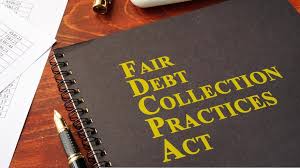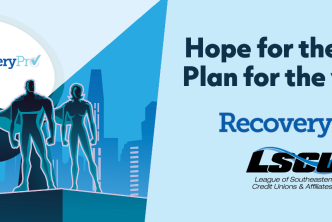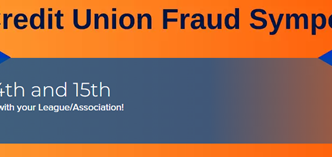Big changes for the Fair Debt Collection Practices Act (FDCPA) have been finalized. The new requirements provide more control and convenience for consumers, while collectors face new restrictions on the number of contact attempts and message content. Learn the latest collection rules regarding electronic communications, violation interpretations, oversight of debt collectors and more at the Dec. 14 webinar, which will be presented by Elizabeth Fast, JD & CPA with Spencer Fane LLP.
AFTER THIS WEBINAR YOU’LL BE ABLE TO:
- Distinguish between acceptable and unacceptable collection activity
- Comply with the new call attempt restrictions – not more than seven times within seven days
- Explain the new rules regarding voice messages, emails and text messages
- Define the new term “limited-content message” and explain what information must/must not be included
- Take the steps required for sufficient oversight of your debt collectors
WEBINAR DETAILS:
On Oct. 30, 2020, the CFPB issued its long-awaited final rule implementing major changes and new interpretations under the Fair Debt Collection Practices Act (FDCPA). The final rule affects both financial institutions and their third-party debt collectors. Although the FDCPA technically doesn’t apply to a financial institution collecting its own debt, financial institutions should adhere to the FDCPA to avoid possible UDAAP claims.
Consumers will have increased control over how often and by what means collectors can communicate with them. The final rule encompasses all collection communications with consumers (i.e., mobile phone, voicemail, email, text message, and social media) – even unsuccessful attempts (i.e., consumer doesn’t answer the phone). Further, virtually all electronic collection communications will be required to provide consumers with a simple opt-out method (i.e., reply STOP to stop texts).
In addition, the new rule contains more precise interpretations of what is deemed to be a violation of the FDCPA. For example, it will be presumed that a collector violated the FDCPA’s prohibition on repeated telephone calls if the collector calls the consumer more than seven times within a seven-day period, or within seven days after engaging in a conversation with the consumer. These new requirements will become effective in late 2021. Your institution will need all of that time to implement the required changes into your systems and procedures.
WHO SHOULD ATTEND:
This informative session is directed to loan officers at all levels, loan operations personnel, credit administration staff, collection personnel, compliance officers, attorneys, managers and others involved in the collection process.
Join us to learn the details! Attendance certificate provided to self-report CE credits.






